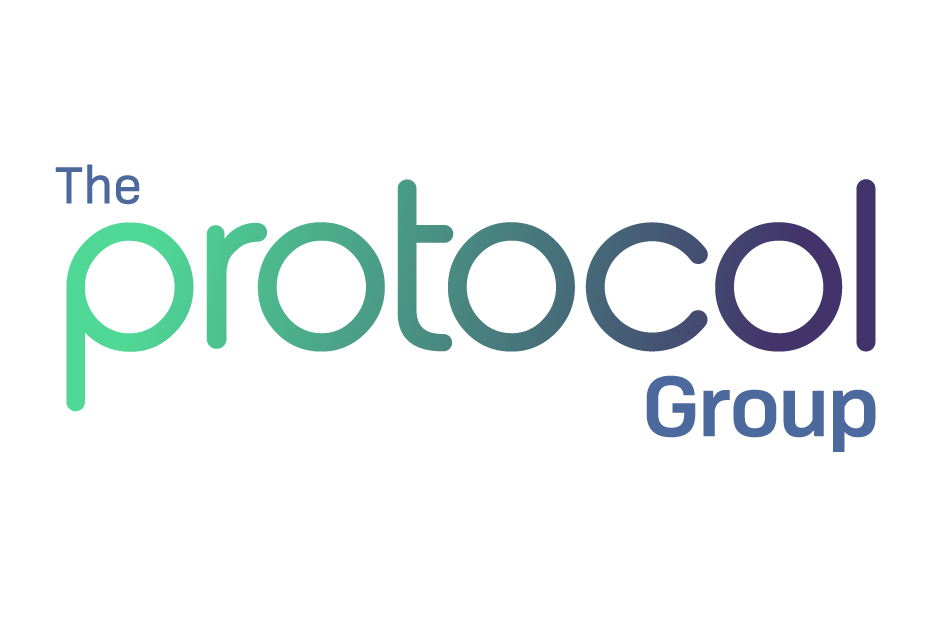
What Is Involved with Brand Equity?
Brand equity refers to the perceived value of a brand.
Understanding it is crucial during M&A as it helps assess the strength and value of the brand, its potential future value whilst guiding strategic decisions and influencing the success of the transaction.
It encompasses various factors such as brand awareness, brand loyalty, perceived quality, and brand associations. Understanding brand equity is crucial as it provides insights into how consumers perceive and engage with a brand, influencing their purchasing decisions and brand loyalty.

Brand Equity and M&A
During M&A transactions, knowing the brand equity of the target company is valuable as it helps potential acquirers assess the strength and value of the brand, its market position, and its potential for future growth.
This information guides strategic decisions, valuation assessments, and integration plans, ultimately influencing the success of the transaction.

Why Brand Equity Evaluation is Needed
Brand equity evaluation in M&A ensures alignment and prevents overpaying for a weaker brand or accepting an undervalued offer.
It provides insights to assess brand strength, guiding decisions for optimal value realisation and strategic alignment between parties involved in the transaction.

Why Brand Matters
In January 2019, Coca Cola completed its £3.9 billion acquisition of Costa Coffee from Whitbread.
Credit Suisse had previously valued Costa and its assets at £2.5 billion, however the actual total of almost £4 billion represents a multiple of 16.4x EBITDA.
Coca Cola recognised Costa’s brand strength and international presence and paid a premium of £1.4 billion for its brand.
Meet Our M&A Team








.png)





